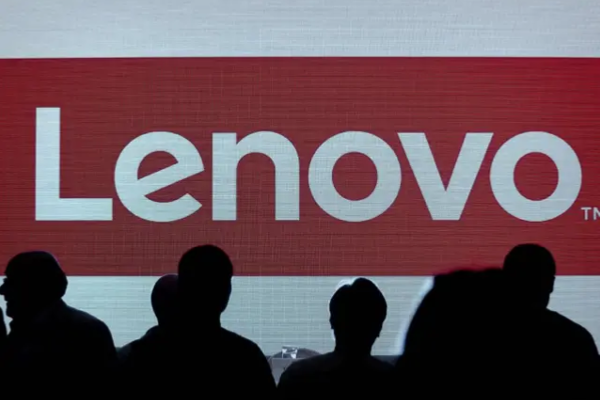Expert Advice: An Interview with a Crypto Fund Founder
We asked crypto industry heavyweights, veteran traders, venture capital fund founders, and more to share their tips, important Twitter accounts to follow, and stories behind their best trades of all time. In this article, we spoke with Linda Xie, founder of Scalar Capital and former Coinbase product manager.
If you asked crypto experts to recommend a list of the smartest and most visionary people in the space, venture fund founder Linda Xie would be the most recommended. Xie (pronounced “谢”) became interested in Bitcoin in college, but it wasn’t until Overstock.com began accepting Bitcoin as a payment method in 2014 that she felt optimistic enough about the future of digital currencies to quit her finance job. She was one of the first 30 employees at Coinbase and rose to become a product manager focused on regulations and compliance. Since 2017, she is the principal of Scalar Capital, a cryptocurrency investment management firm that focuses on crypto asset startups. “We are long-term oriented. So we actively invest, help founders with difficulties, and participate in activities in the space,” she said.
Know Your Options
For newcomers to cryptocurrency, it can be difficult to know where to start. While it’s definitely worth starting with Bitcoin, Xie recommends looking into the opportunities Ethereum offers. “We found that Ethereum has received a lot of capital. So I think it’s worth taking a hard look at Ethereum and its ecosystem,” she said.
A Deeper Look at Ethereum
Xie believes a big reason to be optimistic about Ethereum is that it is the main technology underpinning the thriving world of decentralized finance: “What is going well? What are people willing to pay for? What are the factors driving transaction volume? What are the developer activities related to?”
Don’t Spend Too Much Time Finding the Best Time
When asset prices are rising rapidly, it’s natural to feel like you missed the boat if you didn’t buy in early. Don’t dwell too much on when to do it, Xie said, especially if you’re thinking about holding for the long term. “If you’re looking at an asset and thinking, ‘It’s still early days, and I believe it’s likely to go to a certain level,’ it’s less important to get in at a certain price,” she said. “I recommend averaging out your purchase costs in U.S. dollars to get a sense of how much you can afford to lose. Because if you’re looking at the long term, a lot of these assets are still in their infancy.”
Start small
For anyone new to crypto, Xie’s first rule is to only invest what you can afford to lose. Especially when it comes to decentralized finance, or DeFi, it’s hard to understand the concept without actually trying it, so it’s best left to experienced traders. Even so, she recommends going slow and starting with the largest, most established protocols: “Maybe just a small investment on [decentralized lending protocol] Compound, lending out some of your crypto and earning a yield. Or doing small trades on decentralized exchanges. But I want to emphasize that I know some people who have hit the rocks in decentralized finance investing, and it’s a very dangerous game.”
Linda Xie’s favorite trading method
Xie “really dug into” Bitcoin when Ethereum came out in 2015. She recalls that many people questioned her choice at the time, but she was convinced that Ethereum had great potential, so she decided to bet and it paid off well. “When investing, I try to find new forms that are completely different from existing things, and simple copycats don’t interest me,” she said. “After Bitcoin, Ethereum is the first new thing that I feel is really moving the world forward.”
Go to the source
Because crypto is a new world, you can usually dig up a lot of information written by the teams behind many projects (or related communities) on Medium or Twitter. “And you should join a Discord or Telegram group, or whatever group they use to manage their community. It’s a good practice to really understand the project and the community from the ground up,” Xie added.
Identifying Trends
Some of Xie’s favorite sources of information — especially about decentralized finance, or DeFi, projects — include EthHub, Defiant, Coin Metrics, and DeFi Pulse. She also reads Our Network, a newsletter written by Spencer Noon, another investor in the space. “When a lot of people I respect are talking about something, it’s definitely worth knowing about,” she said. “It doesn’t necessarily mean it’s a good investment, but it’s a strong sign that I need to at least learn about it.”
Giving Crypto to Friends and Family
Xie has been giving crypto as birthday gifts for years, but she recently started giving bitcoin and ether to friends’ children, asking their parents to hold on to it until the kids are old enough to use it. “I think it should be worth a lot of money by then,” she said. “But what’s most interesting is to see what happens when people hold on to it for so long.”









